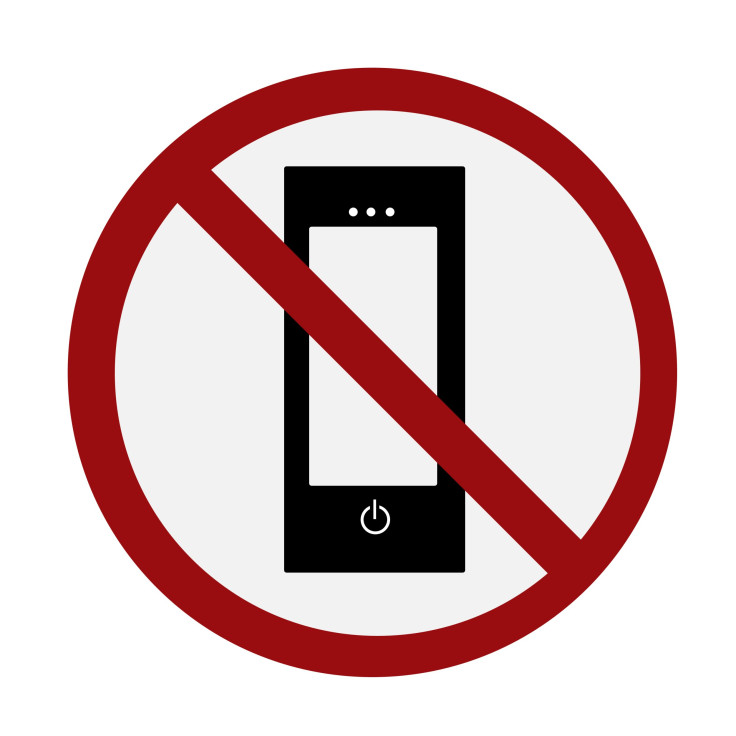Berkeley, California Residents Set To Vote On Cell Phone Safety Law Amid Shaky Warnings Of Cancer Risk

In news that might worry many public health advocates but mollify others, the city of Berkeley, Calif., is set to vote on an ordinance that will force cell phone manufacturers to provide an explicit city-written notice of the minimum distance cell phones should be separated from its users in order to limit exposure to radio frequency (RF) radiation, CBS News reported.
The notices would go out with the purchase of every new cell phone and would be the first of their kind in the country. As it stands currently, the Federal Communication Commission (FCC) recommends that cell phones be kept at least 5 to 25 millimeters from the body, depending on the phone's design.
As CBS News further reports, the ordinance is not the first attempt by lawmakers and consumer groups to craft these "right-to-know" laws, noting that similar legislation has been seen in Maine, Hawaii, and Oregon, among others.
A quick search online will reveal no shortage of activist groups and even medical professionals who warn of the hidden dangers of cell phones, claiming the radiation released by them can be traced to increased rates of cancer, particularly brain cancer. And the planned warning, though only reinforcing recommendations already issued by manufacturers, seems to validate their concerns. But many health experts are vocal critics of these claims, blasting them for relying on sparse, cherry-picked data.
Recently this March, The New York Times style writer Nick Bilton speculated about the impending dangers that wearable technology such as the Apple Phone could pose to its wearers, especially children. Bilton drew on the same evidence base connecting cell phones to cancer, noting that the World Health Organization had decided to list cell phones on a list of "possible carcinogenics." He specifically quoted Dr. Joseph Mercola, an alternative medicine provider who has claimed that cell phone radiation can cause decreased brain function.
"If the connection were as strong as Mercola and others claim, it should scream out in real-world studies; hundreds of millions of people use cell phones," wrote astronomer and science writer Phil Plait, summarizing the myriad of criticism Bilton's article received, "That’s a big sample size. Yet the incidence of brain cancers hasn’t risen." In response, The Times public editor Margaret Sullivan went on to state that, "although Mr. Bilton is a columnist, with plenty of leeway for expressing opinion, the careful interpretation of facts still matters. That, too, was lacking." In short, there is little concrete evidence that cell phone use is in any way tied to cancer risk, a conclusion echoed by the Mayo Clinic and the FCC, among many other health organizations.
Not that these admonishments have stopped the anti-cell phone crowd. Still, it's been difficult to gauge just how much sway their arguments have had on overall public opinion, especially as cell phones have become essential for the average citizen.
Should the California law pass, it may be a sign that the public consensus on cell phone radiation might not be matching up with the scientific consensus.
Published by Medicaldaily.com



























